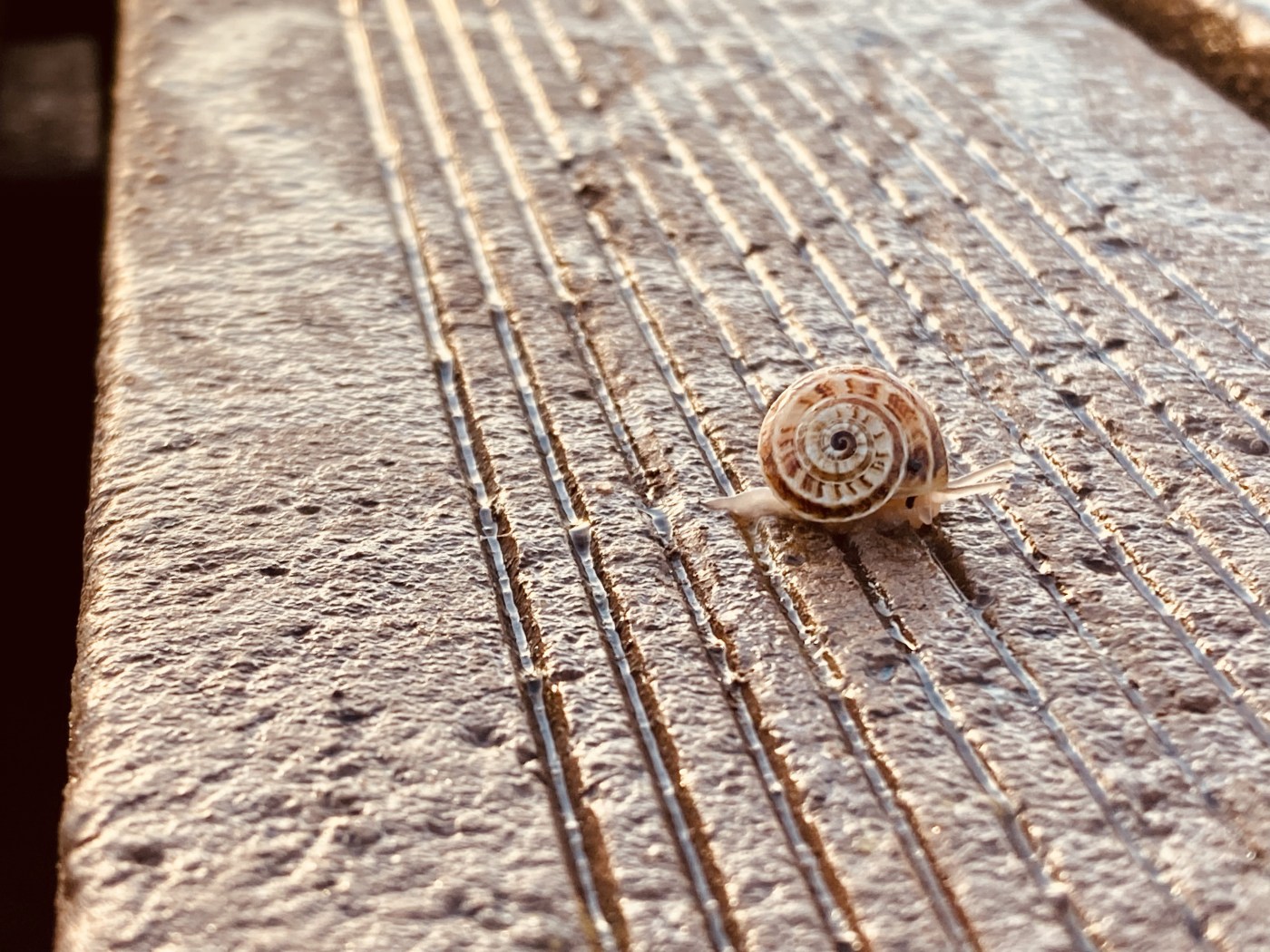The current chaos of the world right now is hard to see, to feel, to reconcile. It’s beyond tragic. There’s rage, empathy, pity, and deep sadness. There’s shame, too. Shame about the ways we ignore, reject, keep silent either outwardly or inwardly. About the ways we’ve either directly or indirectly contributed to suffering––our own or others’, whether they have hands that hold guns, or mouths that speak harsh words, or hearts hardened to it all. Whether they have not arms and legs, but roots and branches, fur and tails.
It’s hard to witness. It’s even harder to realize that witnessing it is infinitely less horrible than directly experiencing that kind of suffering. Some say it has always been happening. The world has always been full of tragedy and war and evil and people who don’t care. Some say it’s worse now. I really don’t know. But I think that as long as we’re in a human body, there’s suffering.
Some find solace in prayer. Others withdraw or turn away. Some get expressly angry about it. I can’t say one way is better than the other. I can say all are human. Some click their tongues and say, I know, isn’t it a pity. Indeed, human suffering is a pity, especially the tragic kind. But ugh, that word––whether as a noun or verb––seems so small and useless.
So in my search for some redeeming quality to the word pity, and because I love learning the etymology of those everyday words we casually sling around, I looked up a definition and came across two types of pity: sentimental pity and compassionate pity.
The way I understand sentimental pity is in relation to that shame that so many of us feel. It’s wanting to look away, leave the stone unturned, pretend we didn’t see it, hear it, know it. It’s a shrinking of heart so as not to feel what feels unbearable––the sorrow of the human condition.
Compassionate pity isn’t sentimental; it’s opening, expansive, even creative. It’s necessarily humbling. It’s opening our eyes and hearts wide to what’s there and being able to, by choice, feel it. It’s being able to allow ourselves to feel that deep, deep sorrow––what Jane Hirshfield describes as “wanting the unwanted.”
So then I arrive at the question: how do we move from sentimental pity to compassion? Because it seems to me that pity––the sentimental kind––is listless and apathetic. Compassion has agency––an inherent intention to relieve and nurture and heal. I’m not sure, but I suspect the answer might begin with looking at our own personal shame. Shame as a hard, sour knot inside that masks or perhaps houses the truth: that there’s sadness in all of us––the deep sorrowful kind, the existential kind, the kind that seems unbearable and makes us scramble for relief or a thing to distract ourselves from acknowledging it and feeling it. A real and inescapable human sorrow.
Sorrow for the way things are––bad things in a good world. Sadness that people suffer so much, some so obviously, others in their own private way. Sadness because we make mistakes that we have to live with. Sadness that sometimes these mistakes have become so woven into our identity as to be like eyeglasses for the far-sighted––we can’t see who we are without them. Sorrow for the things we can’t go back and change. Despair for terrible things happening now that we have no control over.
I wonder if opening to the raw sorrow that’s so evident right now, can help us see and feel and heal the deeper inward sorrow––the one we carry and have carried for a long, long time, maybe even lifetimes if you believe in that sort of thing. The sorrow that expands and connects our hearts, rather than the shame-inspired sorrow that shrinks and separates them.
I wonder what it would be like to, as Jane Hirshfield suggests, want the sorrow. Not to make an identity out of it. Not to weave it into our hair or tattoo it into our skin. Not to become entrenched in it, consumed by it. Not letting it define us, but giving it space alongside all the other experiences that make up our lives. Like the pigeons, the plants, the chipped mug, the stack of books, the overcast sky, the sound of rain, the warmth of sunshine. All the things, all the things.
Because once we can see and feel and allow in an uncomfortable or horrible thing (because what other option is there?), then there’s the question, now what? Can we be willing to look? To consider that might be both our personal and collective responsibility to life? Could that be a first step, good step, right step, beginner’s step towards compassionate action? A useful step towards lessening the pain of all the things happening in the world, now?

Beautifully stated and heartfelt! Challenging and tragic times in the world!
LikeLike